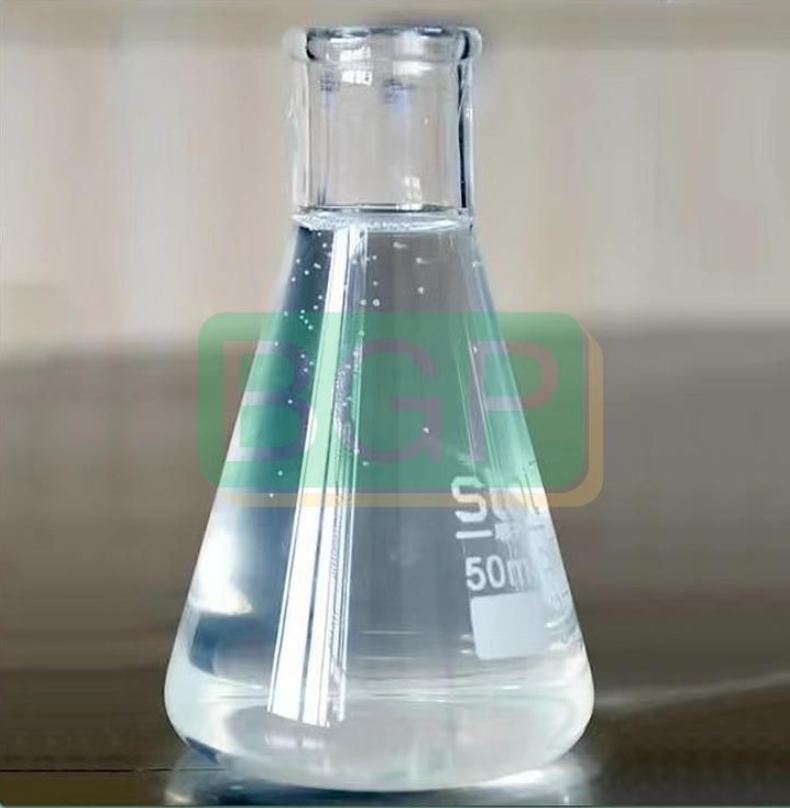What are the advantages of PU adhesive?
In the realm of adhesives, Polyurethane (PU) adhesive stands out as a versatile and high-performance solution with a wide array of applications across industries. Renowned for its exceptional bonding capabilities, durability, and flexibility, PU adhesive has become a cornerstone in modern bonding and assembly processes. This article delves into the distinct advantages that PU adhesive brings to the table, highlighting its attributes that make it a preferred choice for various applications.
Strong and Durable Bonds
PU adhesive excels in creating robust and enduring bonds between a variety of substrates, ranging from metals and plastics to wood and textiles. The chemical composition of PU adhesive allows it to penetrate and adhere to surfaces on a molecular level, resulting in connections that are resistant to various stresses, including mechanical forces, temperature fluctuations, and environmental factors.
Flexibility and Elasticity
One of the standout features of Polyurethane (PU) adhesive is its flexibility and elasticity once cured. This unique characteristic makes it an ideal choice for applications that involve movement or vibrations. The adhesive maintains its bond even when subjected to dynamic stresses, preventing cracks or failures that might occur with more rigid adhesives.

Excellent Chemical Resistance
PU adhesive exhibits remarkable resistance to a wide range of chemicals, including solvents, oils, and acids. This property makes it a reliable choice for applications in industries where exposure to harsh chemicals is commonplace, such as automotive manufacturing, electronics, and construction.
Wide Temperature Range
From extreme cold to scorching heat, PU adhesive maintains its bonding integrity across a broad temperature spectrum. This adaptability allows it to excel in applications that involve exposure to varying temperatures, making it suitable for both indoor and outdoor use.
Water and Moisture Resistance
PU adhesive's water and moisture resistance are notable advantages, as they prevent degradation of the bond even in humid or wet environments. This feature makes it an excellent choice for applications that require consistent performance in damp conditions, such as marine and outdoor equipment.
Versatility in Substrate Compatibility
PU adhesive showcases impressive compatibility with a wide range of substrates, including metals, plastics, glass, ceramics, and textiles. This versatility allows manufacturers and assemblers to use the same adhesive for bonding various materials, streamlining production processes and reducing the need for multiple adhesives.
Fast Curing and Handling Times
Modern PU adhesives often offer rapid curing times, allowing for faster assembly and production processes. This efficiency is especially valuable in industries where time-sensitive operations are crucial.
Reduced Need for Mechanical Fasteners
The superior bonding strength of PU adhesive often eliminates the need for mechanical fasteners like screws, rivets, or welding. This not only reduces production time but also leads to cleaner aesthetics and stronger assemblies without visible joints or punctures.
Sound and Vibration Dampening
PU adhesive's elasticity extends beyond flexibility; it also serves as a sound and vibration dampener. In applications where noise reduction or vibration absorption is essential, such as automotive manufacturing or construction, PU adhesive proves to be highly effective.
Environmental and Health Considerations
Many PU adhesives are formulated to be low in volatile organic compounds (VOCs), making them more environmentally friendly and safer for workers. This aligns with modern sustainability goals and regulations.
Conclusion
In the realm of adhesives, the advantages of Polyurethane adhesive are undeniable. Its ability to create strong, flexible, and enduring bonds across a diverse range of substrates sets it apart as a go-to solution in various industries. From enhancing durability to reducing the need for mechanical fasteners, PU adhesive has transformed assembly and bonding processes, paving the way for more efficient and reliable products across the board.
326
0
0

Comments
All Comments (0)